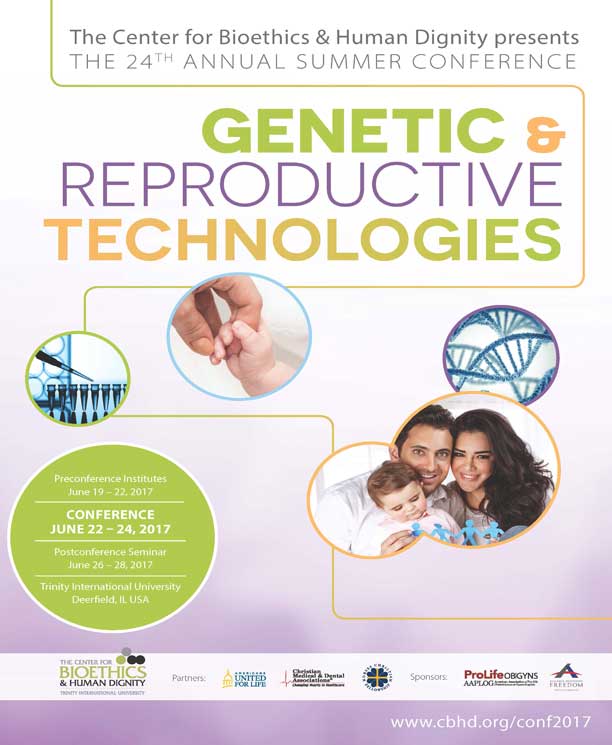
In 2013, research was published that could provide the first steps toward treatment for Down syndrome (DS). By using methods analogous to X-chromosome silencing in mammalian females, the effects of a third copy of chromosome 21 could be effectively curtailed. This raises important ethical questions about the nature of treatment and what social messages it conveys. Society’s relationship with Down syndrome is a conflicted and contradictory one: while the accomplishments of living individuals with DS seem to be universally celebrated, a large majority of fetuses with DS are aborted. While we cannot predict potential physical risks or success rates of treatment now, the ethical issues must be assessed in advance. Treating at least some symptoms of DS seems to be a worthy goal, given its correlation with higher risk of heart defects, hematopoietic diseases, and early-onset Alzheimer’s disease. However, it must be considered whether attempting to treat DS is actually in the best interest of the people who have DS. Questions to be considered include whether DS is an integral part of a person’s identity (and whether such integral parts are appropriate to modify), what are the community-level concerns for vulnerable populations when only some may find access to treatment, what expectations society may place on those who are candidates for treatment, and whether there is a conflict between the priorities of accommodating or curing disability. These investigations will likely find application in other areas of disability ethics, though the specific context will be focused on DS.